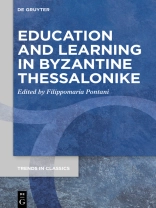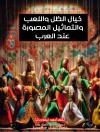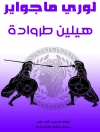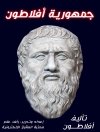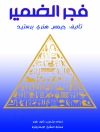Byzantine Thessaloniki has often been considered in its relationship with Constantinople, as a deuteragonist vis-à-vis the capital. However, from the 11th through the 15th century the symproteuousa has often played an important role in terms of the study, preservation and circulation of learning.
The present volume collects 11 papers originating in a conference held at Thessaloniki’s Kentro Istorias in May 2022. Some of them offer new elements and fresh discoveries on single erudites and their work, from Michael Mitylenaios to John Pediasimos, from Demetrios Triklinios to Thomas Magister, from Matthew Blastares to Manuel Boullotes. Hagiography, schedography, lexicography, philology on ancient Greek texts, and even canonical law, are among the genres practised by Thessalonian scholars over the centuries. Other papers offer thoughts on Eustathios’ didactic aims, bird’s-eye views of the city’s intellectual milieux in the early Palaeologan era, or of the learned circles in Manuel II’s entourage.
The book acknowledges the ‘highs’ and the ‘lows’ in the cultural development of medieval Thessaloniki, and brings together essential elements towards an assessment of the city’s role in the history of education and learning.
Sobre el autor
Filippomaria Pontani, Università Ca’ Foscari, Venezia, Italy.
